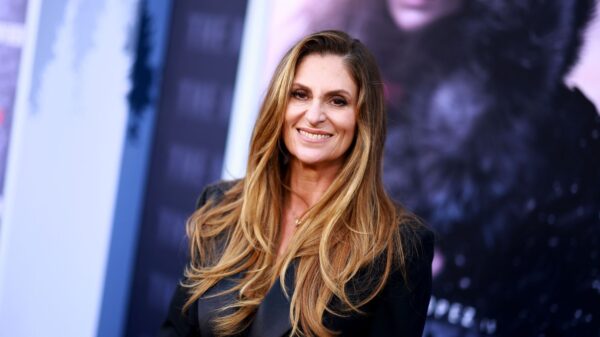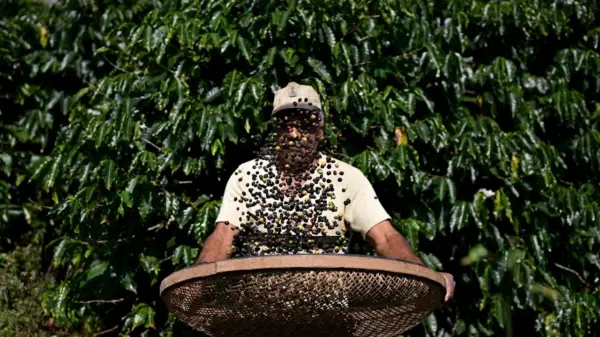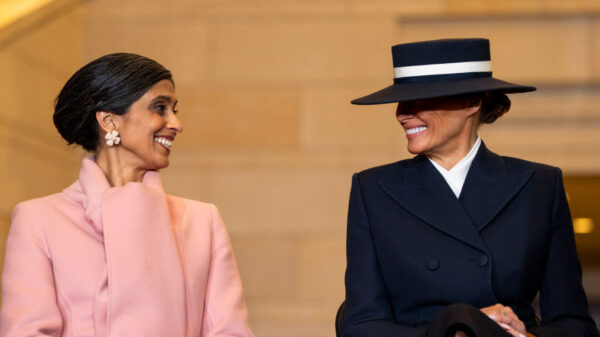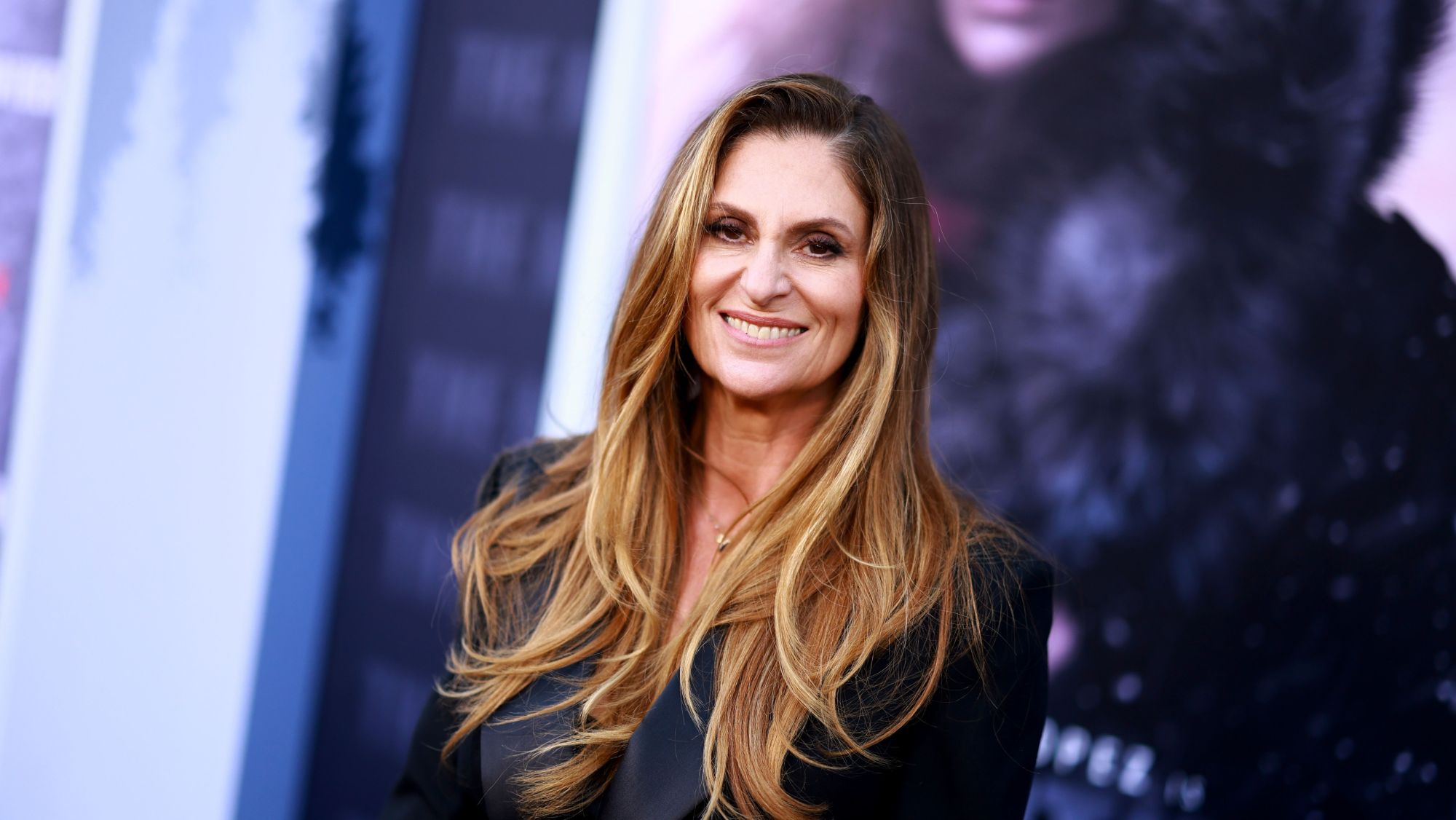New Zealand filmmaker Niki Caro has taken on a significant role as the president of the jury at the Camerimage Film Festival, running from November 15 to 23, 2023, in Toruń, Poland. This festival is renowned for its focus on cinematography, making Caro’s leadership particularly noteworthy. Her appointment comes after the festival faced criticism for a lack of female representation in its lineup, an issue that remains prevalent this year, with only three female directors of photography among the 13 films competing for the prestigious Golden Frog award.
Caro, widely recognized for her films such as Whale Rider and Mulan, has voiced her concerns about the ongoing challenges women face in the film industry. She pointed out a troubling trend: “You can just see it statistically. Less female cinematographers are shooting films. Less female directors are directing films.” This decline in numbers, she argues, reflects a broader issue of missed opportunities rather than a lack of talent, as she emphasizes the importance of providing chances for emerging female filmmakers.
Throughout her career, Caro has prioritized female representation in her production teams. While directing Mulan, she ensured that most of the heads of departments were women, stating, “You get a bunch of girls running a show like that, everybody’s communicating, everybody’s organized. There’s no bullshit.” This perspective highlights her commitment to fostering inclusive environments in a field often dominated by men.
The festival’s current competition lineup underscores the ongoing gender imbalance, and Caro acknowledges the need for change. “There’s a tremendous lack of opportunity for the new ones to come through. And so the ones that do break through have a strength of character that you should never underestimate,” she noted. Despite the industry’s regression, she remains optimistic about the resilience and talent of female artists.
Caro’s responsibilities as jury president involve evaluating films based on their cinematography, alongside fellow jurors including acclaimed cinematographers José Luis Alcaine and Ellen Kuras, actor Tim Blake Nelson, and producer Sabrina Sutherland. “We’re all judging the films through the lens of cinematography,” Caro explained. Her criteria focus on whether the cinematography enhances the storytelling and engages the audience effectively.
Having worked across various scales of production, Caro described her experience on Mulan as both ambitious and complex. “When I first read it, I was like, ‘Holy shit, this is huge.’ And then it just got huger,” she recalled. Collaborating with cinematographer Mandy Walker, meticulous planning was crucial to ensure that the production ran smoothly. Caro described the shoot as “a really exhilarating experience,” despite the significant public scrutiny the film faced, particularly during the pandemic.
In her latest project, The Mother, a thriller featuring Jennifer Lopez, Caro has navigated the changing landscape of film distribution. Although the film bypassed traditional theatrical releases, it reached one of Netflix’s largest global audiences, which she found astonishing. “As somebody who has kind of come up through independent film, just understanding how many people were watching this film took my breath away,” she remarked.
While managing her jury duties, Caro is also developing several personal projects, including an adaptation of a novel by first-time New Zealand author Jennifer Trevelyan. Set in 1985 on New Zealand’s Kāpiti Coast, her new film, A Beautiful Family, features a ten-year-old girl who befriends a Māori boy while searching for a girl presumed drowned two years earlier. Caro feels a deep connection between this project and her earlier work on Whale Rider, describing them as “holding hands across my career.”
Caro’s shift back to smaller, personal projects has invigorated her creative process. She expressed excitement about nurturing new stories from the ground up. “To be able to develop and nurture these smaller films from seeds is really nice. It’s very hands-on. It feels very bespoke,” she stated.
As the 33rd Camerimage Film Festival approaches, Caro’s leadership and insights may inspire necessary discussions about gender equality in the film industry, emphasizing the importance of supporting female talent in all areas of filmmaking.








































































